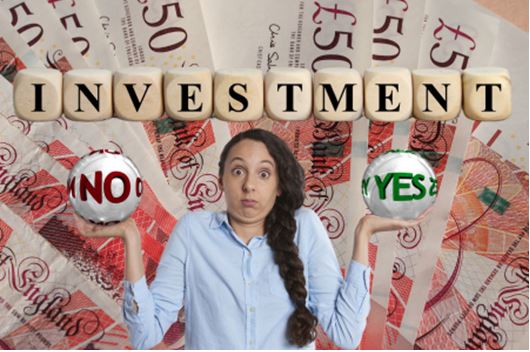We start with a refresher as to what, in basic terms, timeshare is. A timeshare is one of many ways to sort of get your hands on a holiday property. You pool your money with other people and each of you buys a share of time in the property each year. Note the emphasis on the word time, more on this later. It must be remembered that you don’t own the property; you merely own the right to use the property for a specific period.
Despite not technically being a property owner, you still have maintenance fees and expenses to worry about. Apart from maintenance fees, there could also be what are known as special assements. You’ll be locked into a very long contract, and the only way out is by selling your part of the timeshare, if that’s at all possible, maybe you can simply exit the contract, if you’re lucky, but with no financial return.

Why timeshares are bad investments
Firstly, under EU law, a timeshare, or variants such as fractional ownership, must never be sold as investments. If you understand property investment, you can already see why timeshares are awful investments just by looking at the description above. Effectively, you’re not gaining anything from the purchase. There’s a misconception that you’re acquiring an asset for a very cheap price, and then you can sell it for a profit. That won’t happen.
If you buy a timeshare, you’re pretty much committing to a long term prepayment of holidays. This isn’t necessarily a bad thing, but you’re not going to make any money at all. It’s the exact same as paying to go on a family holiday to the same country or resort every year. The value is in the relaxation and enjoyment; financial gain should never be factored into the equation.
Remember, you are not buying a house, or any other real property for that matter, you are basically just buying time. The value of your timeshare will almost always decrease, so if you try to sell it, it will usually be for a loss. In other words, it does everything you don’t want an investment to do!

An investment in holidays must never be confused with a financial investment
Factually, the only use of the word investment where timeshare is concerned is an investment in future holidays. With entry level timeshare rapidly approaching £20,000, it’s hard to understand why anyone would spend that sort of money just to see it disappear literally overnight. How would you feel if you placed a £20,000 chip on red at a roulette table, only to see the little white ball land on black, well that analogy applies to buying timeshare.
Being fair, losing at roulette is a total loss, whereas timeshare does at least supply a holiday each year (subject to availability), but as we are focussing on investment, the capital loss is pretty much the same. The scenario gets even worse if you are borrowing someone else’s money to make the investment, we mean bank borrowing. We recently wrote an article on this very subject and the results of our research don’t paint a rosy picture.

TCA comment
In the world of investments we often refer to assets, those possessions we own, be it a share portfolio, our house or jewellery, these are all assets that have a value. Timeshare can never be classed as an asset, in fact, given the ongoing costs associated with it, and the virtually zero resale value, a more apt description would be a liability.
Charities are always pleased to accept bequeathments, be it an old watch or a laptop, these have a value. We know of no UK charity that will accept a timeshare as they are all too aware that there is no saleable value just demands for annual maintenance until such time as it can be disposed of.
If you are considering entering into a timeshare contract, then be aware that whatever you have to pay will effectively be like putting your chips on red when the ball lands on black.
For more information regarding this article or assistance in any other timeshare related issues please contact the TCA on 01908 881058 or email: info@TimeshareConsumerAssociation.org.uk
